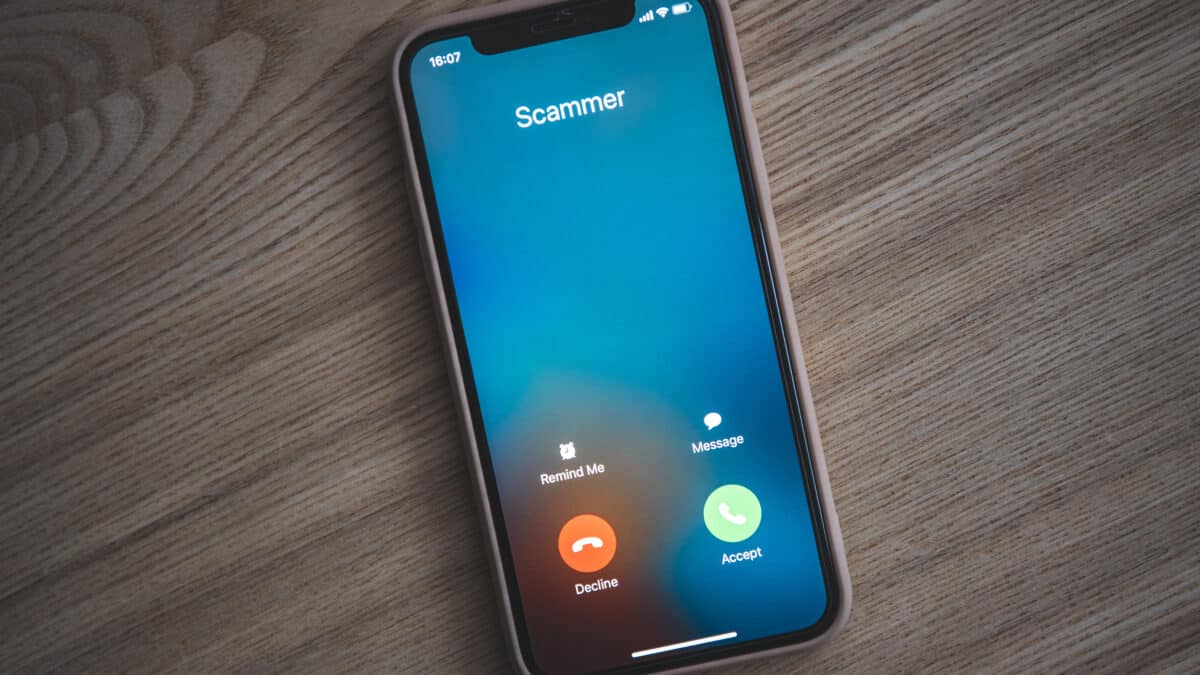
What’s The Dark Web
August 15, 2022
How to Protect Against Insider Threats
August 22, 2022Phone Scams – Know How to Protect Yourself
Do you ever get unsolicited calls about your car warranty expiring? How about a vacation you’ve won? What about the call that threatens your arrest for unpaid taxes? If you’re like most people, you’ve received one of these calls or some other version of it. Not only are robocalls annoying and intrusive, but they can also be dangerous. Because these calls are so prolific, some people get them multiple times a day or week. Always try to avoid engaging with callers who mean you harm. This blog will explain how you can best protect yourself.
Do’s and Don’ts of Phone Scams
- Avoid pressing numbers or answering questions. If you answer a robocall, avoid following automated instructions and prompts. Doing so allows scammers to record your voice and capture the key sequences you enter in your telephone. Scammers can use your voice recordings and details to impersonate you in other scams.
- Be leery of prize offers, threats, and impersonations. Bad actors will use scare tactics to appeal to their victims’ emotions and encourage them to take quick action. Use your judgment and remain level-headed in these cases. For instance, if you get a call advising you that you’ve won a cruise, avoid giving out credit card or banking details if prompted.
- Be cautious with voicemail messages. Voicemails that advise you that a service or benefit has or will be canceled often aren’t true. Never use the callback number provided in a voicemail. Instead, locate the organization’s contact details on a bill or their website if you want to verify the call’s legitimacy.
- Treat unexpected text messages with caution. In addition to robocalls and voicemails, scammers will try their tactics via text messages. Sometimes the text messages will contain links to return a call or visit a website. Avoid clicking links in text messages. It’s best to delete text messages from entities you don’t know.
If you find yourself engaged in a conversation with someone and you suddenly realize they’re a scammer, do not argue with the caller. Avoid confronting them. Instead, immediately end the call. Phone scammers can be persistent, so giving them any further details can bring you further grief.
If your caller ID shows that the number is unknown or blocked, it’s best not to pick up. Unless you are expecting a call, it’s generally advisable to ignore all unexpected and unidentified phone calls. This is because once you answer a call from a scammer, even if you don’t fall for the scam, your number gets flagged as a valid number. Once scammers identify your number as viable, you can expect the number of scam calls to increase.
If phone scam calls are particularly problematic, consider activating the call blocking features available to you. These features are routinely available on your mobile phone or through your phone carrier. If neither of these options is available to you, consider the call blocking features available through a third-party app.
Of course, it’s wise to be cautious with whom you share your telephone number. Discretion will save wasted time and the stress of dealing with bad actors and annoying unsolicited phone calls. However, contact your local consumer protection agency or police department if you have fallen for a phone scam. Likewise, if you’ve given out financial details that you later realize you shouldn’t have, be sure to contact your bank or credit card company without delay.
Phone Scam Red Flags
Commit these common phone scam red flags to memory:
- The caller offers you a product that seems unrealistic.
- The caller tells you you’ve won a trip that sounds too good to be true.
- You get an unsolicited call from a government agency.
- You get an unsolicited call from a large corporation.
- The caller asks you for personal details.
- The caller asks you for money.
- The caller threatens harm to you or other penalties if you don’t provide sensitive details.
How to Protect Yourself Against Phone Scams
To avoid a phone scam, put these practices into action:
- Immediately end conversations with suspicious callers.
- Block repetitive calls from unwanted callers.
- Avoid answering calls from blocked numbers.
- Avoid answering calls from unknown numbers.
- Don’t click links in text messages or emails.
- Don’t divulge personal details.
- Don’t provide financial information.
- Never wire money or send a gift card to a stranger.
For more help with phone scams, contact a professional cyber security training company like Athreon. Athreon is among the best cyber security training companies you can hire to help you protect your business. Contact Athreon for more details and a no-risk cyber security consultation.





